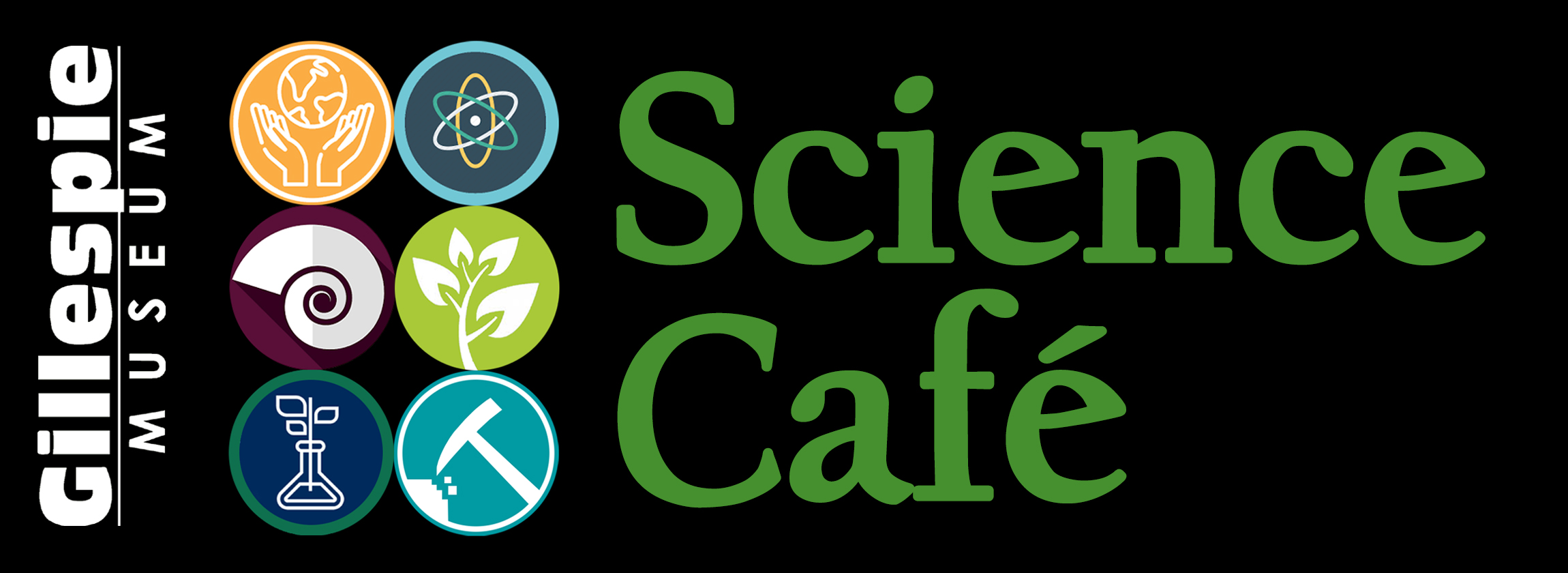
Science Café
Science Cafés help to promote scientific literacy by encouraging relaxed, open conversations among scientists and nonscientists of all ages.
Join us at the museum for snacks/socials at 5:30 p.m., with presentations beginning in the RELC at 6:00 p.m.
The RELC was built, in part, by the Volusia County ECHO Program in 2007 with a generous grant of $325,000. This ECHO-supported facility is used as a classroom, lecture hall, and activity space for our monthly public events (Science Saturdays and Science Cafes) and K-12 school and other tour group programming; it also includes a small exhibit and exploration gallery called The Nature Nook which is open to the public during regular museum hours at no cost to visitors.
To receive email updates about our Fall 2025 and Spring 2026 season programs, we invite you to sign up for our mailing list!
Dates at a Glance
Fall 2025
- September 18 - Rescuing the River of Grass with Eve Samples, Director, Friends of the Everglades
- October 16 - Fantastic Fungi! with Scott Ostuni, DNA Sequence Validator, Fungal Diversity Survey
- November 6 - Climate Change and Green Infrastructure Adaptation with Dr. Jason Evans, Director, Stetson's IWER
Spring 2026
- February 19 - Florida Natural History Highlights with Dr. Martin Main, Wildlife Ecology & Conservation Professor, and Florida Master Naturalist Program Leader, University of Florida
- March 12 - Strange Creatures from the Ice Age with Katie Wedderstrand, Educator at the Museum of Arts & Sciences (MOAS), Daytona
- April 9 - Minerals of the Tristate Mining District and the Birth of Popular Mineral Collecting with Dr. Sam Upchurch, Professional Geologist and former Professor and Chairman of the Geology Department at the University of South Florida
Fall 2025
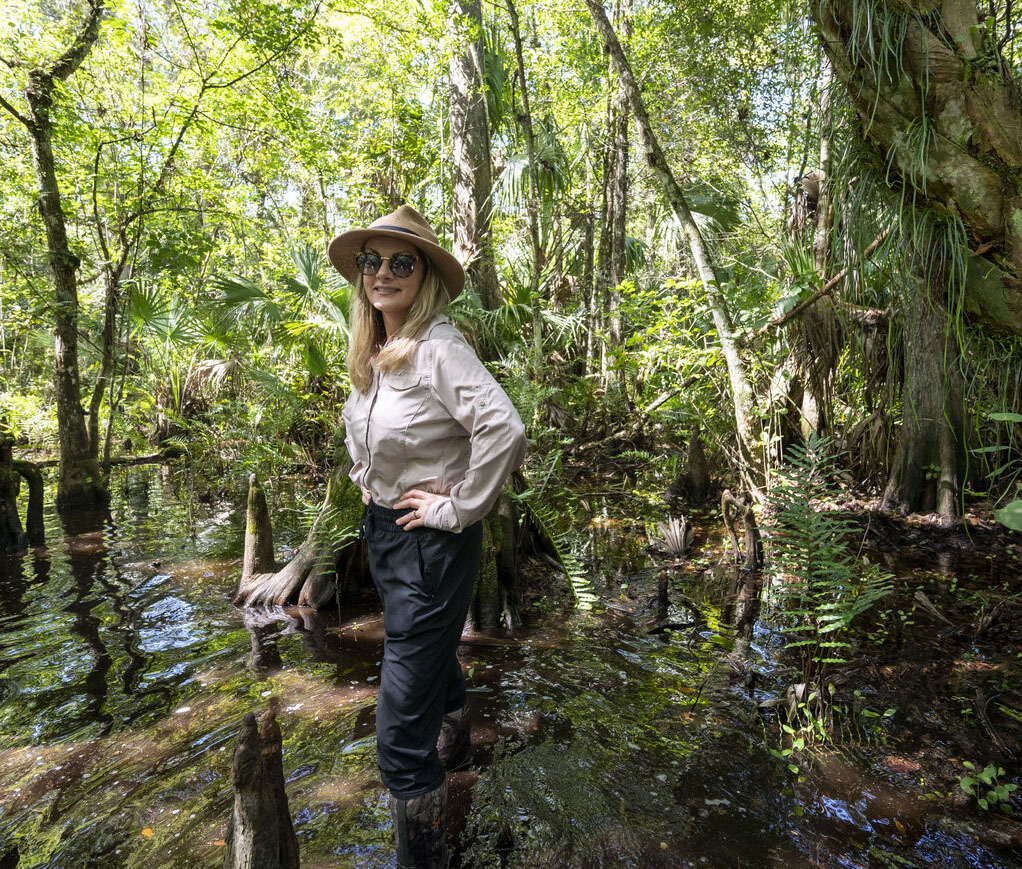
September 18
Rescuing the River of Grass with Eve Samples, Executive Director, Friends of the Everglades; 6 p.m. in the RELC adjacent to the museum, 5:30 for snacks/social. More info about Rescuing the River of Grass (reservations encouraged!) Cultural Credit is available for Stetson undergraduates.
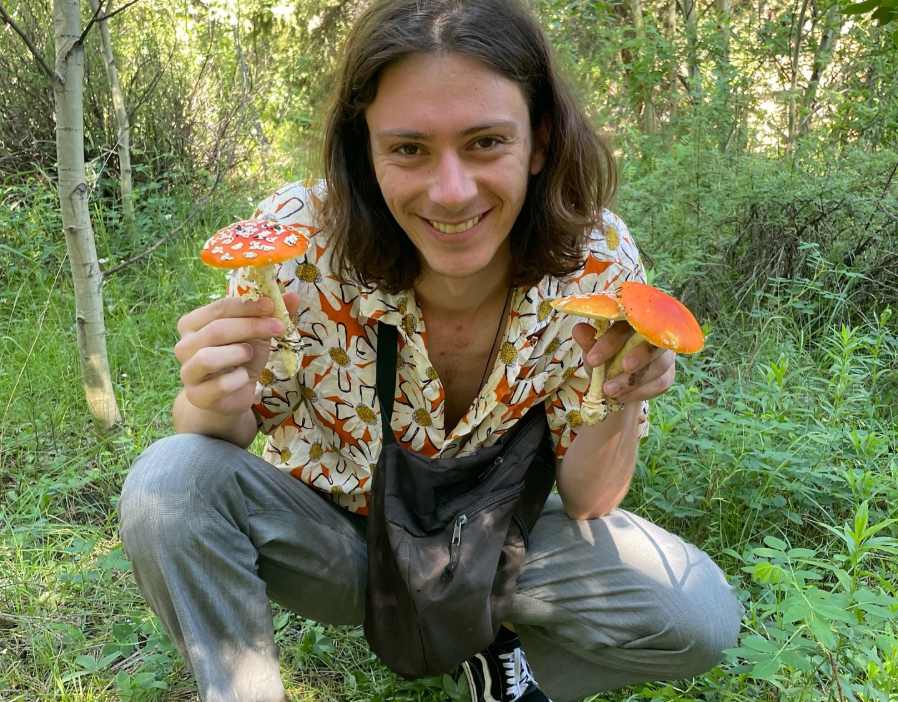
October 16
Fantastic Fungi! with Scott Ostuni, DNA Sequence Validator, Fungal Diversity Survey; 6 p.m. in the RELC adjacent to the museum, 5:30 for snacks/social. More info about Fantastic Fungi (reservations encouraged!) Cultural Credit is available for Stetson undergraduates.
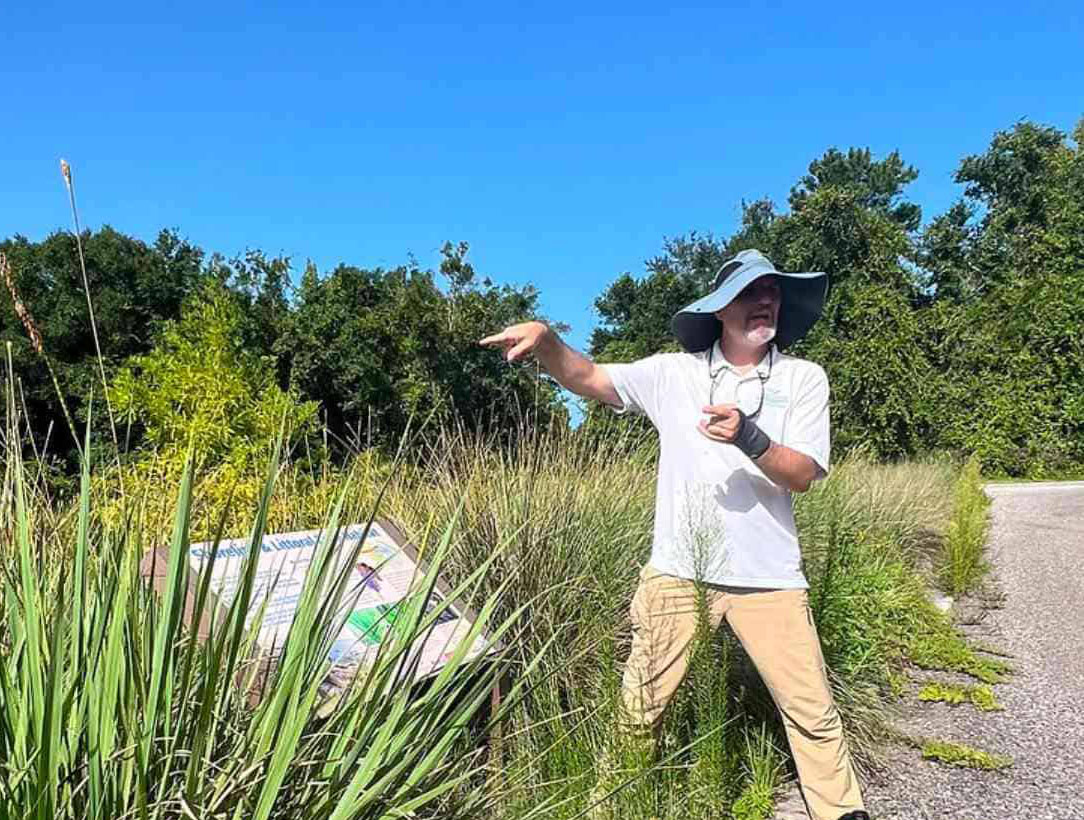
November 6
Climate Change and Green Infrastructure Adaptation with Dr. Jason Evans, Executive Director, Stetson's Institute for Water & Environmental Resilience (IWER); 6 p.m. in the RELC adjacent to the museum, 5:30 for snacks/social. More info about Climate Change and Green Infrastructure Adaptation (reservations encouraged!) Cultural Credit is available for Stetson undergraduates.
Spring 2026
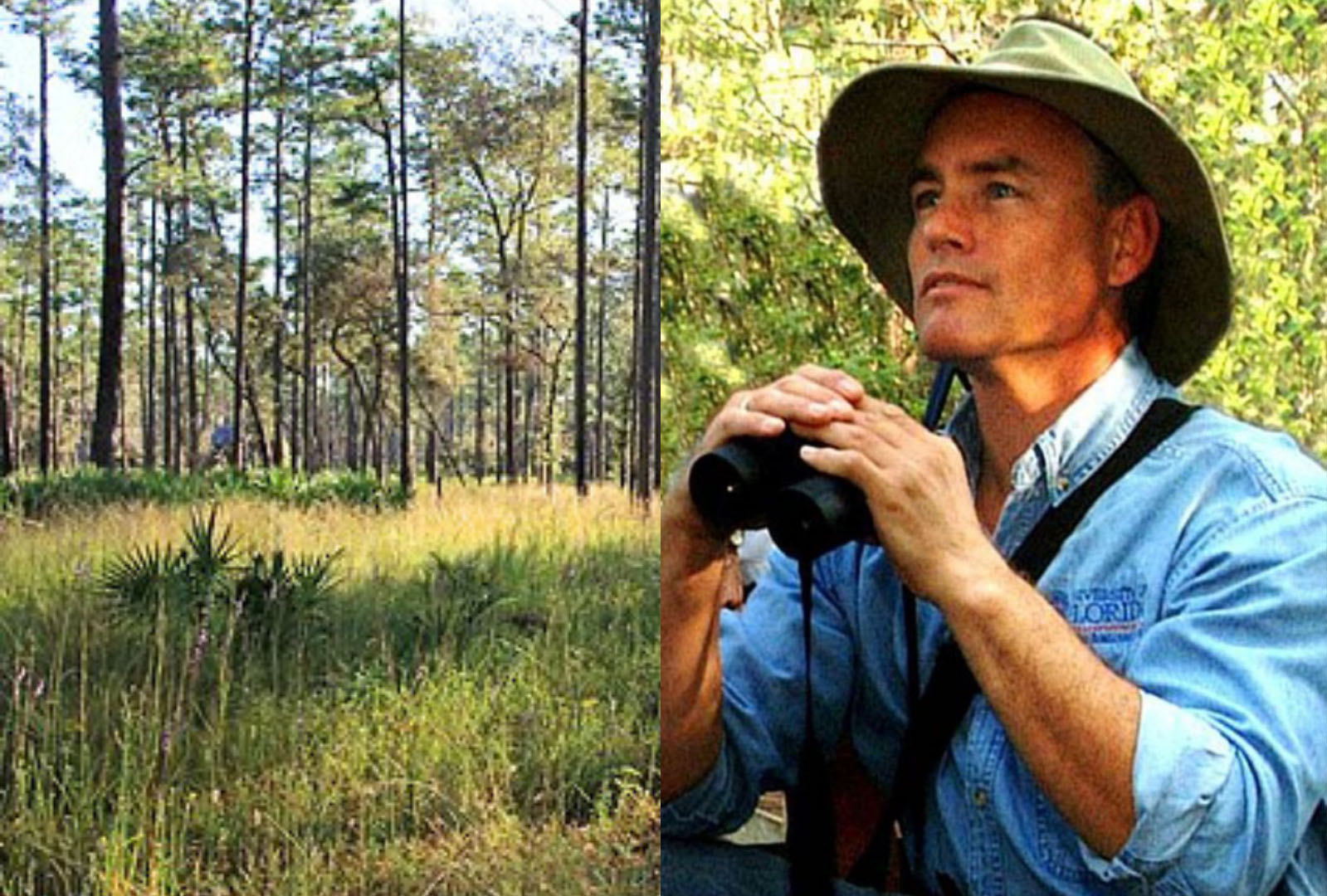
February 19
Florida Natural History Highlights with Dr. Martin Main, Wildlife Ecology & Conservation Professor, and Florida Master Naturalist Program Leader, University of Florida; 6 p.m. in the RELC adjacent to the museum, 5:30 for snacks/social. Reservations Encouraged - Read More about Florida Natural History Highlights & RSVP Today!
Cultural Credit is available for Stetson undergraduates.
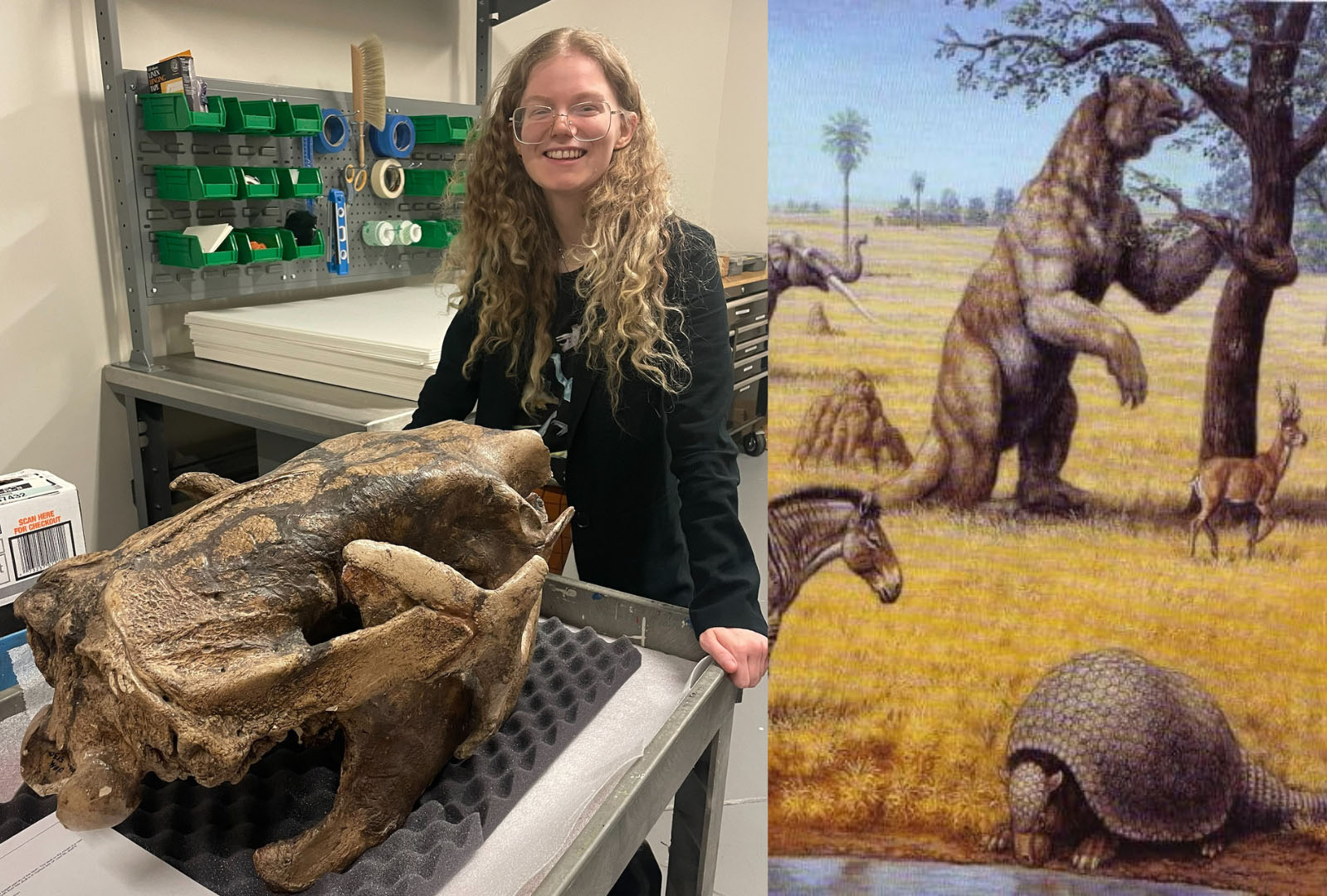
March 12
Strange Creatures from the Ice Age with Katie Wedderstrand, Educator at the Museum of Arts & Sciences (MOAS), Daytona; 6 p.m. in the RELC adjacent to the Gillespie Museum, 5:30 for snacks/social. Reservations Encouraged - Read More about Strange Creatures from Ice Age & RSVP Today!
Cultural Credit is available for Stetson undergraduates.
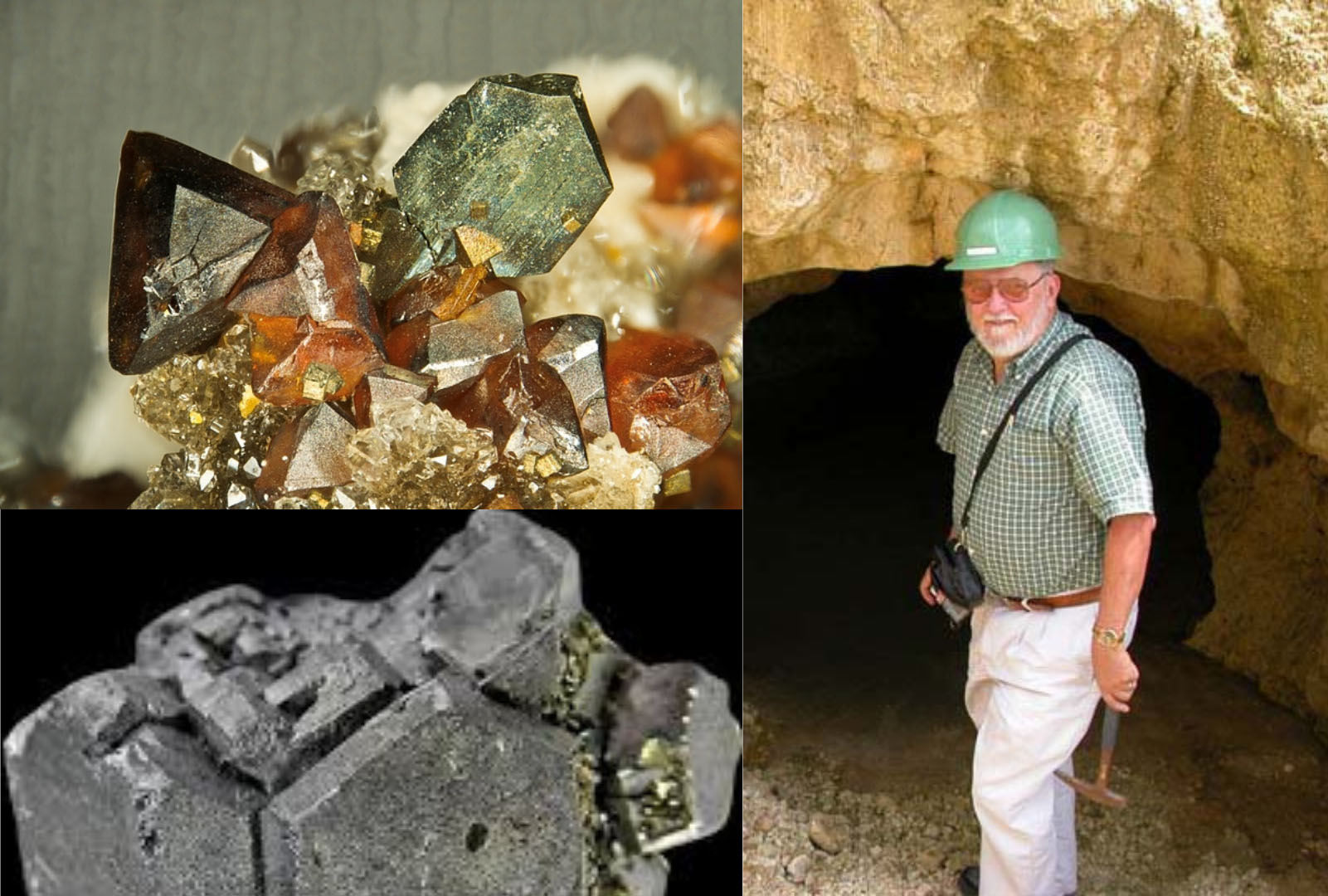
April 9
Minerals of the Tristate Mining District and the Birth of Popular Mineral Collecting with Dr. Sam Upchurch, Professional Geologist and former Professor and Chairman of the Geology Department at the University of South Florida - Join us for the exhibit opening reception, followed by a presentation by the exhibit’s curator and collector, Dr. Upchurch; 5:30 p.m. in the the museum. Reservations Encouraged - Read More about Minerals of the Tristate Mining District & RSVP Today!
Cultural Credit is available for Stetson undergraduates.
Archived Videos
Spring 2021 - Armchair Geology - event recordings now available
- Episode 1: February 24, 2021 - Armchair Geology Series - Wetlands Geology with Stetson University professor Ben Tanner, et al.; (watch Armchair Geology - Wetlands event recording).
- Episode 2: March 31, 2021 - Armchair Geology Series - Hydrology with J.P. Gannon, Virginia Tech; (watch Armchair Geology - Hydrology event recording).
- Episode 3: April 7, 2021 - Armchair Geology Series - Tectonics & Structural Geology with Cheryl Waters-Tormey, Western Carolina University; (watch Armchair Geology - Structural Geology event recording).
- Episode 4: April 22, 2021 - Armchair Geology Series - Metamorphic Uplift with Ethan Fagan, University of Texas - San Antonio and Natural Bridge Caverns, San Antonio, Texas; (watch Armchair Geology - Metamorphic Uplift event recording).